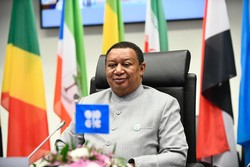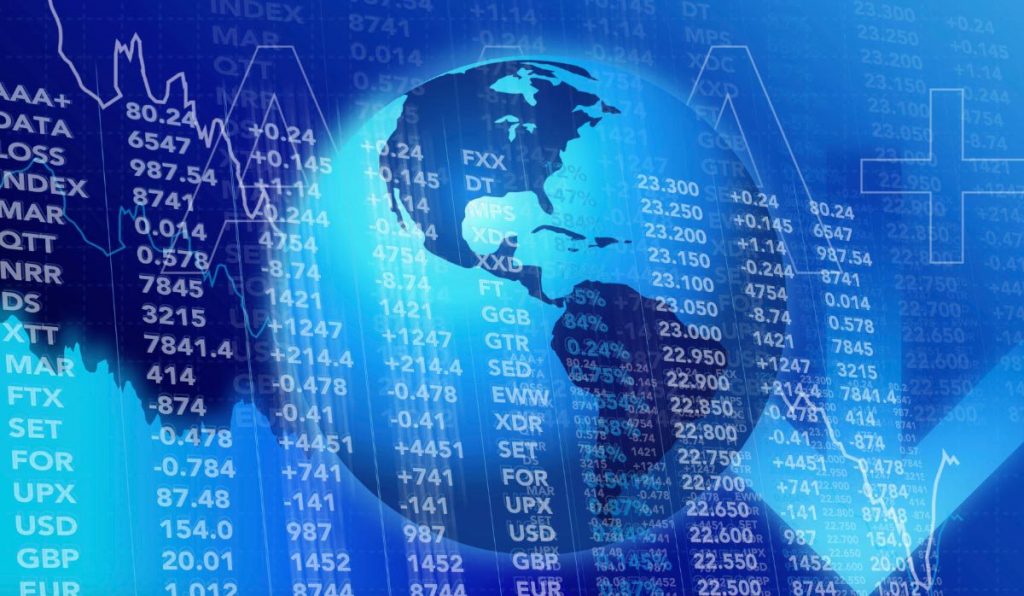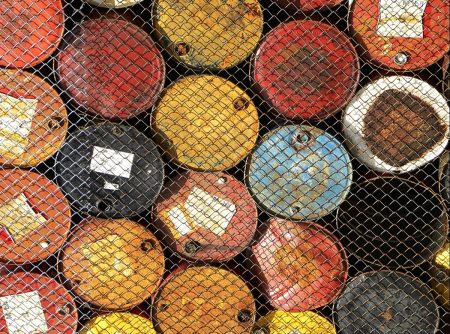
OpeOluwani Akintayo
Lagos — The Organization of Petroleum Exporting Countries, OPEC has forecast that demand will increase by 100.6 million barrels per day (mb/d) in 2022, surpassing pre-pandemic levels, as against 96.5 mb/d in 2021.
Mohammad Sanusi Barkindo, OPEC Secretary-General disclosed this while making his remark at the 58th Meeting of the Joint Technical Committee (Videoconference) that was held on Monday, January 3, 2022.
“Looking at demand, we foresee world oil demand increasing by 5.7million barrels per day (mb/d) in 2021 and by 4.2 mb/d, both unchanged from last month. World total demand in 2021 is now pegged at 96.5 mb/d and at 100.6 mb/d in 2022, surpassing pre-pandemic levels
He said as the new year gets underway, the organization continues to watch closely the developments with regard to the COVID-19 pandemic.
OPEC, however, stated that despite the steady progress that has been made in terms of the economic recovery globally, it does expect significant levels of uncertainty in the weeks to come, which could slow the economic growth momentum.
It stated that in addition to closely monitoring the evolving impacts of the Omicron variant, other factors to consider will be the varying speed of vaccine rollouts worldwide; the uneven pace of economic growth across global regions; and continued supply chain disruptions.
Additionally, rising inflationary pressures and potential central bank responses remain key factors that require close monitoring.
He said, looking at demand, the Organization foresees world oil demand increasing by 5.7million barrels per day (mb/d) in 2021 and by 4.2 mb/d, both unchanged from last month. World total demand in 2021 is now pegged at 96.5 mb/d and at 100.6 mb/d in 2022, surpassing pre-pandemic levels.
“Some of the recovery previously expected in 4Q21 has now shifted to 1Q22, followed by a steadier recovery throughout 2H22, though risks are skewed towards the downside. In terms of the supply-side, non-OPEC supply in 2021 is expected to grow by 700,000 b/d to average 63.7 mb/d, unchanged from last month.
For 2022, non-OPEC supply growth is forecast at 3.0 mb/d for an average of 66.7 mb/d, also unchanged from last month. We continue to monitor the potential near-term impacts if some leading consuming countries carry through with their announced plans to release an estimated 70 mb from their strategic oil reserves.”
According to Barkindo, looking at inventories, preliminary data shows total OECD commercial stocks fell by 16 mb m-om in November to 2.721 billion barrels, which is 389 million barrels lower than the same month one year ago and 211 million barrels below the 2015-2019 average.
“However, today we will particularly focus on the prospects for a global supply surplus developing this year.
“As another chapter begins with the New Year 2022, let us remember with a sense of pride all that we have accomplished to date through our landmark Declaration of Cooperation. As we now usher in the sixth year of collaboration, we can move forward with confidence knowing that this highly effective and well-reputed framework for multilateral energy cooperation will once again prove to be the way of the future for this industry. Industry stakeholders around the world continue to validate the highly productive and valuable role that this group of producers continues to play.
“We have developed the system and tools for success, and now, we merely need to remain flexible and agile in constantly adapting to the latest requirements of the market”.
Despite the ongoing uncertainties being witnessed, Barkindo said the flexible approach has helped provide an added sense of stability, reassurance and continuity to the market and investors.
In terms of the economy, the global GDP growth forecast for 2021 has been revised down slightly to 5.5%, from 5.6% last month, while the 2022 growth forecast remains unchanged at 4.2%.
A new study by the Centre for Economics and Business Research in the UK estimates that global economic output will surpass $100 trillion in 2022, two years earlier than expected.
“Our world has learned several hard lessons over the past two years, and many economies are now better equipped today to manage COVID-19 and its side-effects”, he said.



